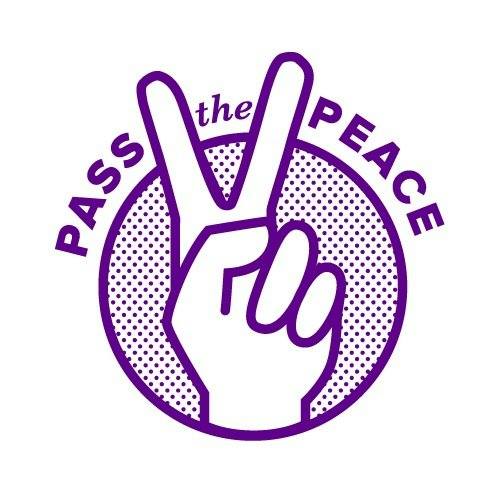Posted: 10/31/2014
Domestic Violence is Preventable
Image by Allie Brosh, hyperboleandahalf.blogspot.com.
by Prevention Specialist, Chase Webber
It is that time of year again. High school football teams are playing with an intense passion, hoping that their team can still make the playoffs, NFL teams have found their rhythm and are working their way through injuries, and people of all types have embraced a bold and bright pink as part of their normal wardrobe.
The cooler weather brings with it the occasion of dressing up in costume. Some people do this on Halloween, and others dress up to go to their local church’s fall festival. Wearing a costume can be quite exciting. If you are anything like me, once the costume begins to take shape, my personality becomes that of the character I am portraying. It only happens once a year, so I make it count.
For some people, however, wearing a costume has become a much more frequent occasion. Their costume may not consist of extravagant clothing, wigs, and props, but it does consist of portraying a life that is not their own.
They are portraying a life that looks perfect from the outside, but are hiding a serious, and sometimes tragic, situation within one of the relationships in their life. That situation can be described as a pattern of behavior known as domestic violence, and it has life-destroying effects on people and families. The statistics for domestic violence are staggering.
- 1 in 3 women and 1 in 4 men experience violence from their partners in their lifetimes.
- 1 in 3 teens experience sexual or physical abuse or threats from a boyfriend or girlfriend in one year.
- 1 in 2 women and 1 in 5 men have experienced some form of sexual violence in their lives.
(source: www.nomore.org/resources)
Domestic Violence Redefined
There are many people that may still believe domestic violence only occurs when a male physically assaults a woman, however, it is much more broad an issue. Domestic violence has no prejudice, and happens in couples of all types of ethnicity, race, background, income levels, age, and status. Heterosexual and LGBT relationships are equally as likely to experience violence in their relationship.
Bottom line is, it can happen to anyone.
I share that with you to also say this; domestic violence is PREVENTABLE. Although different celebrities throughout the years have been charged with domestic violence, it has recently taken center stage with the actions of Ray Rice, and the horrific handling of the situation by the NFL. The situation with Ray Rice falls into the same category as all the rest, it was preventable. More than 70% of men and women are not in a violent relationship, which is a number that should be celebrated, but we can celebrate even more when it reaches 100%.
Awareness is Key
Prevention starts with awareness, and luckily there are organizations out there that are doing their best to bring awareness to this issue. Russell Wilson, Superbowl winning quarterback for the Seattle Seahawks, has started the Pass the Peace campaign through his Why Not You Foundation, hoping to bring awareness to this issue. Many celebrities have shown their support through NoMore.org, and you may have seen their commercials while watching your favorite show. It is great to see celebrities and professional athletes take a stand to end violence.
How You Can Help
This is the point where you come in. Raising awareness shouldn’t be left up to celebrities. It’s much closer to home than that. Every person deserves the right to a healthy relationship, one built on respect and trust. Here is how you can help.
Be Aware
- Know and understand the depth of this life-altering behavior.
- Be aware of the fact that half of the women you come in to contact with have possibly experienced sexual violence in their life, and that there is help available.
- Be aware that teenagers are dealing with this every day.
- Be aware that men can be victims of abuse.
- Be aware of the warning signs of abuse.
- Most importantly, be aware of the relationships in your own life.
Share: Use Your Influence, Whatever It May Be
- Talk to your family about healthy relationships.
- Talk to your teenagers about healthy dating.
- Talk to your spouse or partner about your expectations in the relationship.
- Share what you know with friends and coworkers.
- Share campaigns such as Pass the Peace and No More.
- Use your influence on social media to share.
- Hashtag #WNYPassthePeace, #SeeDV, or anything else that will help with your message.
- Share your story.
Need Help?
Many things are brought into attention during October, including domestic violence. A blog written by Jessica Felix Jäger, Licensing Specialist at Heartland for Children, called Love Gives, includes a list of local and national resources.
If you are currently in a violent relationship, and need immediate help, call the National Domestic Abuse Hotline at (800) 799-7233 or visit them online at thehotline.org, where you can live chat with a specialist.
The only way for us to ensure that every person experiences healthy relationships, and does not have to put on a costume day after day, is to do our part in ending violent and unhealthy relationships.